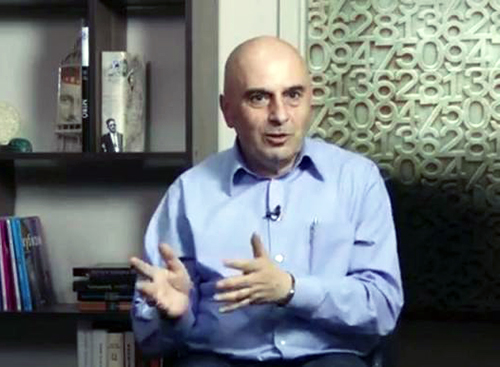YEREVAN (RFE/RL) — The National Assembly approved on Thursday the Armenian government’s draft 2017 budget calling for a major reduction in public spending strongly criticized by the parliamentary opposition.
The budget commits the government to spending a total of 1.36 trillion drams (about $2.9 billion), down by almost 17 billion drams from this year’s nominal target. Prime Minister Karen Karapetian said in September that budgetary expenditures will actually decrease by as much as 100 billion drams ($210 million).
The government is to collect 1.21 trillion drams in taxes and other revenue in 2017. The 2016 budget calls for a state revenue of almost 1.19 trillion drams. Karapetian said that budgetary revenue will rise by as much as 70 billion drams in real terms next year.
This means that the recently reshuffled government will fail to meet the 2016 budgetary targets because of worse-than-expected tax collection. Finance Minister Vartan Aramian predicted recently that the shortfall in tax revenue will total approximately 80 billion drams.
Aramian defended the spending cuts as the parliament began debating the proposed budget on November 17. He said Armenia urgently needs to cut its growing budget deficit which is projected to reach almost 6 percent of Gross Domestic Product in 2016. The government plans to bring the deficit down to 3 percent of GDP in 2017.
Opposition lawmakers rejected these arguments during ensuing heated debates. “This is written proof of the fact that the government is acknowledging its inability to develop the country,” Levon Zurabian of the Armenian National Congress (HAK) charged before the parliament passed the bill by 83 votes to 24.
Deputies representing the opposition Prosperous Armenia (BHK) and Orinats Yerkir parties also voted against the austerity budget. “The 2017 budget does not mark the slightest step forward,” said the BHK’s Mikael Melkumian.
Vahram Baghdasarian, the parliamentary leader of the ruling Republican Party of Armenia, called the opposition criticism “demagoguery” and “pre-election ploys” as the National Assembly wrapped up the debates on Tuesday. “This bill is realistic and congruent with the government’s policy program,” he said.










